Renowned Automotive Company Accelerates Innovation with a Modern In-car Experience
Pure Storage
OCTOBER 4, 2022
The in-car experience has come a long way since the early days of automotive transportation. To accelerate innovation, automotive companies have had to adopt software-driven business models to meet current and future market expectations. . One of the world’s leading vehicle manufacturers has made this transition successfully.

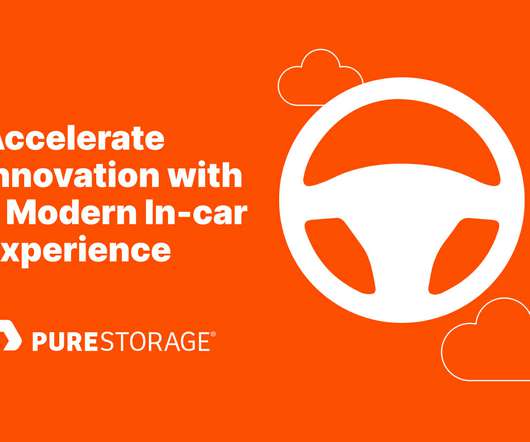
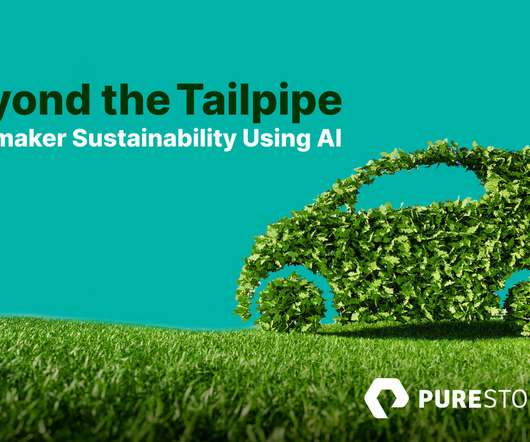
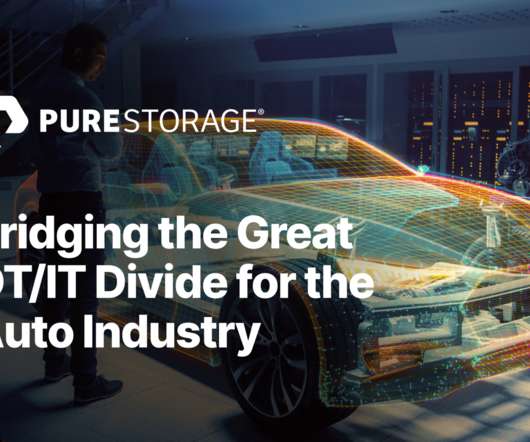
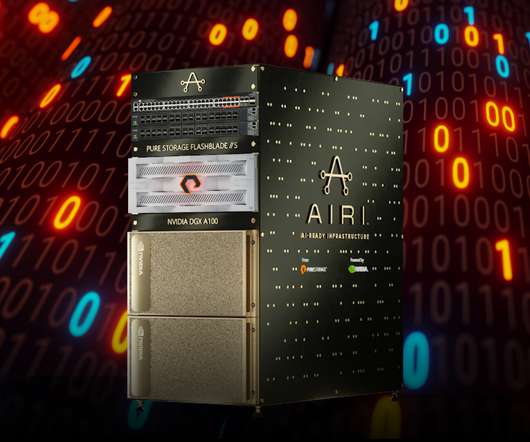
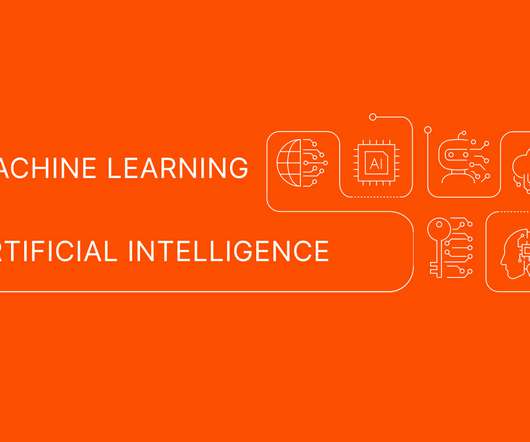






Let's personalize your content